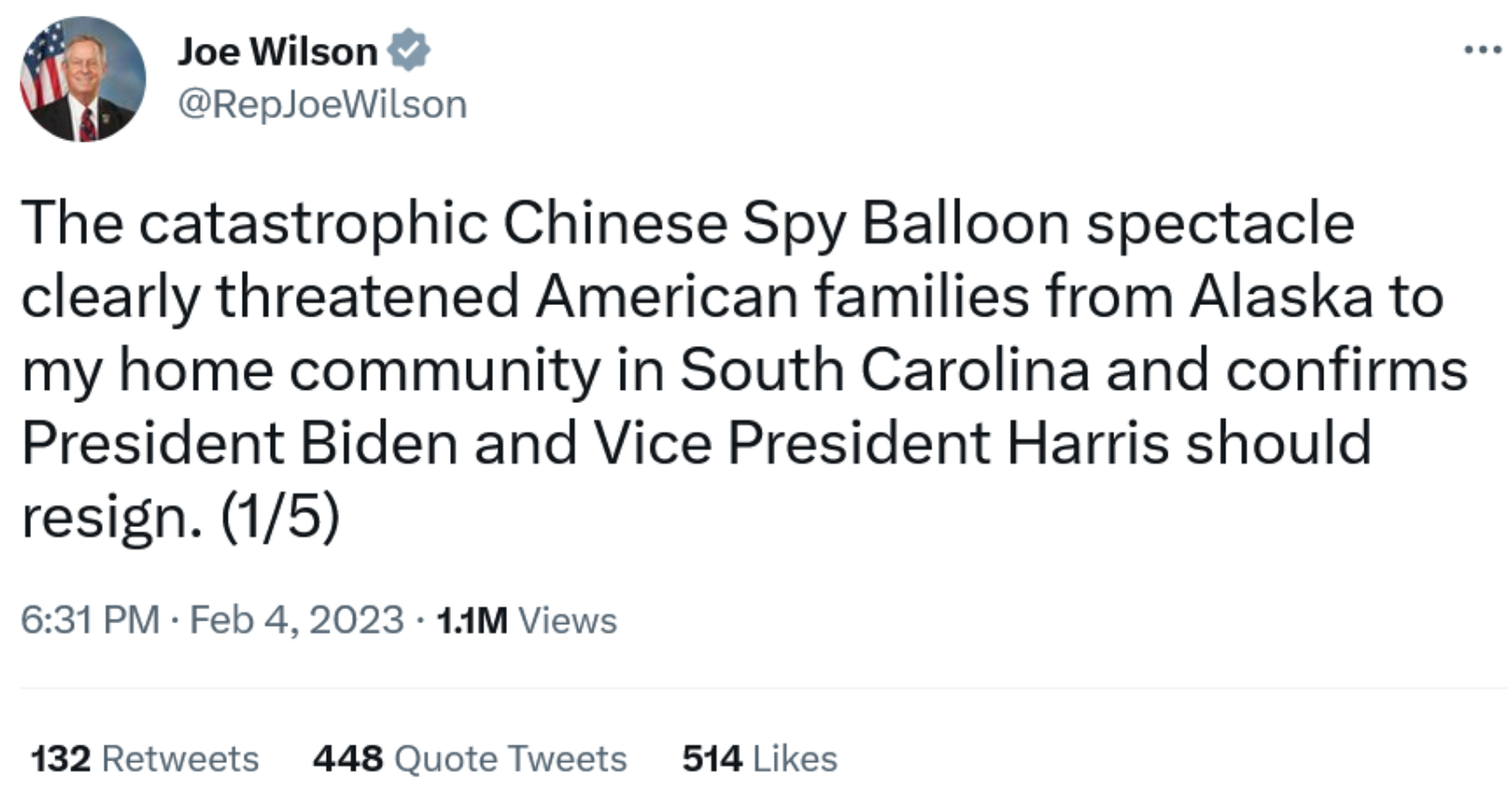The Daily Escape:

Santa Christmas gondola regatta in Venice – December 2023 photo by Manuel Silvestri
Happy Saturday! Wrongo loves it when the days begin to get longer, if only by a fraction. It’s a hopeful sign of the return to more daylight and eventually, spring and summer. This may (or may not) be the last column until the New Year. If it is, Wrongo wants to end with some positive notes.
First, The Economist is out with its annual “Country of the Year” award. This year, it highlights the move back to moderation from conservative governments in three countries.
First, Brazil which swore in a center-left president, Luiz Inácio Lula da Silva, after four years of mendacious populism under Jair Bolsonaro:
“…who spread divisive conspiracy theories, coddled trigger-happy cops, supported rainforest-torching farmers, refused to accept electoral defeat and encouraged his devotees to attempt an insurrection.”
The new administration quickly restored normality—and reduced the pace of deforestation in the Amazon by nearly 50%. But since Lula likes Putin, Brazil didn’t get the award.
Second, Poland had a remarkable 2023: its economy withstood the shock of the war next door; it continued to host nearly 1 million Ukrainian refugees. It raised its defense spending to above 3% of GDP. The country’s biggest problem has been the dominance of the populist-nationalist Law and Justice (PiS) party, which has run the government for the past eight years, eroding the independence of the courts, stuffing state media with lackeys and nurturing crony capitalism:
“In October voters dumped PiS in favor of an array of opposition parties. It is early days for a new coalition government, led by Donald Tusk, a veteran centrist, but if it does a good job of mending the damage PiS did to democratic institutions, Poland will be a strong candidate for our prize next year.”
Tusk is a former president of the European Council.
But Greece won the prize. We all remember a few years ago when Greece was the economic basket case of Europe. Incomes had plunged, the social contract was fraying and extremist parties on the left and right were popular. The government turned to China and sold its main port, Piraeus, to a Chinese firm:
“But after years of painful restructuring, Greece topped our annual ranking of rich-world economies in 2023. Its center-right government was re-elected in June. Its foreign policy is pro-America, pro-EU and wary of Russia. Greece shows that from the verge of collapse it is possible to enact tough, sensible economic reforms, rebuild the social contract, exhibit restrained patriotism—and still win elections.”
The Economist closes with the thought that nearly half the world is due to vote in new governments in 2024, so democracy isn’t just on the line in America. It’s on the line everywhere.
Second, a piece of good domestic news. Charles Gaba at ACA Signups reports that, according to the Centers for Medicare & Medicaid Services (CMS):
“In 2022, the insured share of the population reached 92% (a historic high). Private health insurance enrollment increased by 2.9 million individuals and Medicaid enrollment increased by 6.1 million individuals.”
Another stunner from CMS: US healthcare spending as a percentage of the GDP was lower last year than it was 6 years earlier. More detail:
“With a lower rate of health care spending growth of 4.1% in 2022, the share of GDP devoted to health care fell to 17.3% in 2022, lower than both the 18.2% share in 2021 and the highest share in the history of the National Health Expenditure Accounts of 19.5% in 2020. During 2016-19 the average share was 17.5%.”
That’s all good news. Around the global headquarters of the Wrongologist, we’re starting to look toward next year. And even if it seems the news can’t get worse, it probably will. Think about Trump on trial, epic Supreme Court decisions, ongoing foreign policy crises and the most important election of at least Wrongo’s life.
2024 will be a long year that’s going to require emotional and intellectual strength to avoid despair when the media continues covering this election as they have been. It will be a lot to handle.
Here’s Wrongo’s wish that you find some comfort and joy over the next week. And please keep showing up around here in the New Year. Wrongo promises to keep trying to give you perspectives that hopefully make some sense of the world.
On to another out of the ordinary Christmas tune. Watch and listen to the Canadian singer-songwriter Loreena McKennitt perform the “Huron Carol”, written in 1642 by a Jesuit missionary, Jean de Brébeuf who lived among the Huron people. It is Canada’s oldest Christmas song. Brébeuf wrote the lyrics in the native language of the Huron/Wendat people. In December 2021, McKennitt sang it together with an ensemble. It’s superb and haunting:








 Wildflower bloom, Peridot Mesa on the San Carlos Reservation, AZ – March, 2023 photo by
Wildflower bloom, Peridot Mesa on the San Carlos Reservation, AZ – March, 2023 photo by 



